Radjha Ali and her spices from Nampula
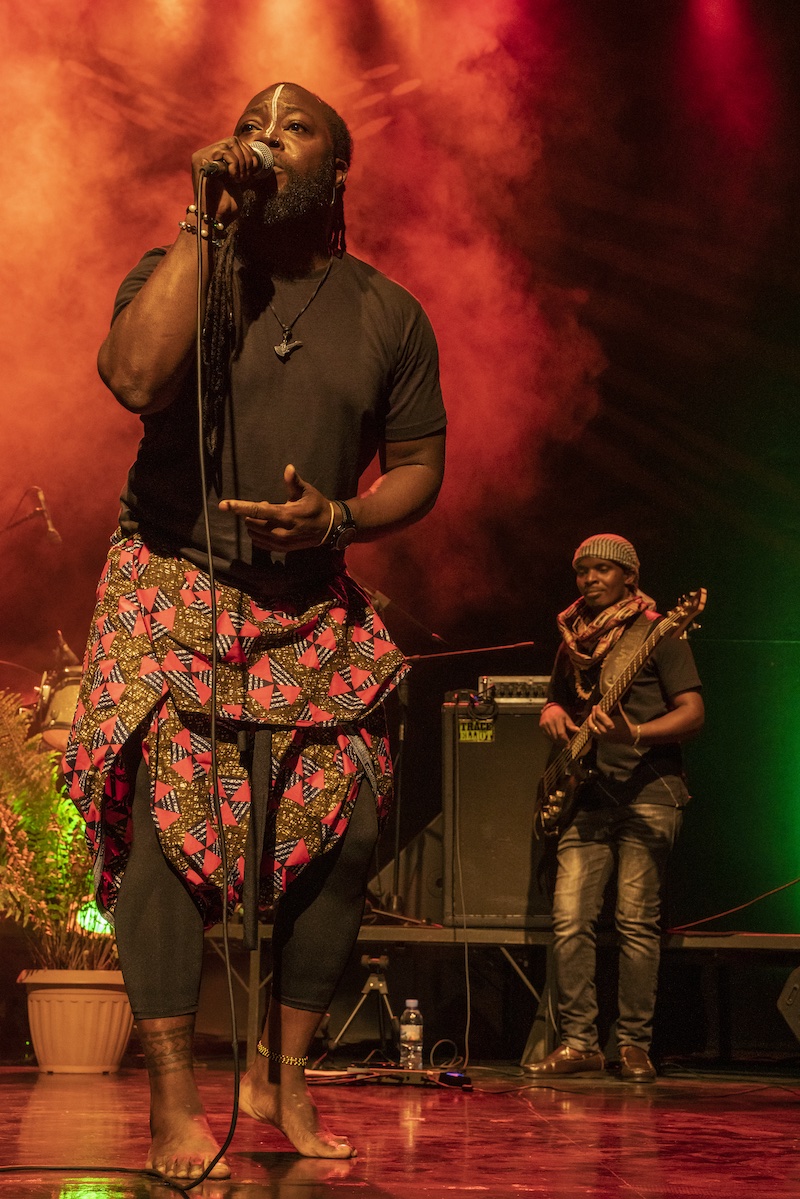
Radjha’s music roots lie in Nampula, but it also mixes mapiko and xigubo.
The hallways of Fatima’s Backpackers, located on Tofo beach, are perfumed by the aromas of the Chef’s kitchen carried by the wind. But what catches the attention of Paulo Borges, sound engineer and owner of the Gil Vicente Café Bar, is the voice that sings with Arabic spices from the coast of the Island of Mozambique.
“It’s Radjha Ali”, Fátima Vieira, owner of the Backpacker and the Café Centenário Restaurant, on the Maputo waterfront, where Radjha worked all year, replies, already accustomed to the question. Tofo was when there was demand.
“Paulo invited me to Gil Vicente’s jam sessions,” he recalls, with his back to the Sala Grande stage of the Franco-Mozambican Cultural Center (CCFM), in Maputo. The following day would open this year’s season.
Early, under the guidance of his stepmother, the composer and performer born in the district of Muecate, in Nampula, in the 80s, learned to cook. Always singing. His grandmother, with whom he later lived, said that neighbours always know when he is home.
Even in his childhood, he discovered in music his flower of charm for transcendence. “I sang for praise,” Radjha Ali says enthusiastically, who has a degree in Theology at the Theological Biblical Seminary in Maputo and a degree in Music at the Instituto Canzion. The second degree in Music at the School of Communication and Arts of the Eduardo Mondlane University (ECA-UEM) is about to be completed.
Between 2005 and 2006, he had his first professional contact with the art that guides him, in the Army. His superiors, paying attention to the lethal bullets he carries between his vocal cords, sent him to the National School of Music of the Armed Forces of Mozambique.
“I used to sing, but there I learned techniques, I took singing and dancing lessons,” he says. He was thus recovering the dream of a career that seemed lost when, in 2004, having been chosen by the jury to represent Nampula in the reality show Fantástico, he had to complete his military service.
Demobilised, it is with the renowned “chord poet” Hortêncio Langa, his teacher at ECA, where he joined in 2016, that he makes his first money from music. “It was a privilege for me,” he says also adding that he shared the stages with Roberto Chitsondzo and Rhodália Silvestre. Just as, filled with emotion, he remembers being a student of guitarist Jimmy Dludlu.
Our conversation is often interrupted. Either by a call from acquaintances wishing him strength. Or asking how to get a ticket for the following day’s concert. Or the lighting technician who wants to know which song he’s going to dance to. “In almost all of them,” he replies to the latter and points out the two that will be the exception. When this one goes, it’s the band members who approach for further clarification.
Radjha Ali, who after joining ECA started singing at weddings and eating places, in 2020, with the pandemic tightening, in search of doing something that wouldn’t stop him, decided to do some covers of the musicians and songs he liked the most, like Mama Osileze by Aida Humberto, which I heard on the radio as a child, and Mwanuni by Banda Eyupuro, in a tribute to Zena Bacar.
The covers were so successful that he was invited to a music reality show called Vozes Que Encantam. He won and the doors opened. He flew to the Dubai Expo to represent Mozambique on the recommendation of the Minister of Culture and Tourism, Edelvina Materrula.
On the day of the concert, by 3 pm, the CCFM announced that tickets were sold out to the frustration of many admirers who, until 7 pm, half an hour after the announcement for the start, were waiting for a miracle.
He took the stage wearing capulana pants tied at the ends of the waist, which is already a hallmark of his wardrobe, inspired by the clothes of men from the countryside of Nampula who lacked the money to buy conventional clothes. The audience was thrilled to hear him release his singing and music with roots in Nampula, as can be seen in his appropriation of namahanja, mwasepwa, n’sope and tufo. But also, from what has been heard, mapiko and xigubo. His songs, mostly sung in Emakhuwa, tell stories about what he lives, sees and hears.
Issue 72 Mar/Apr | Download.

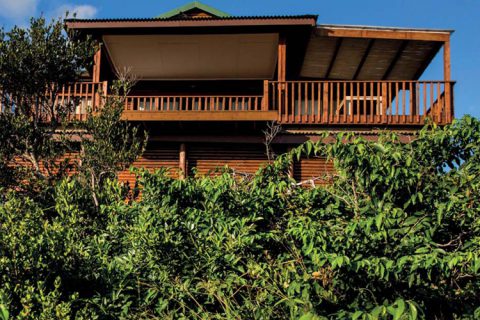


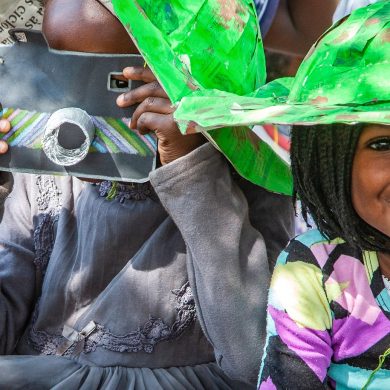
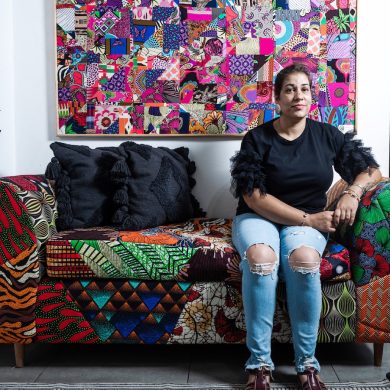
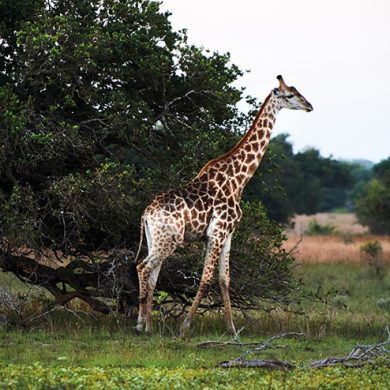
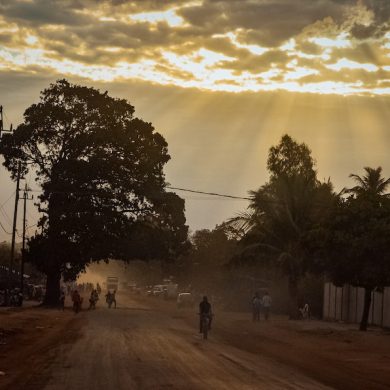

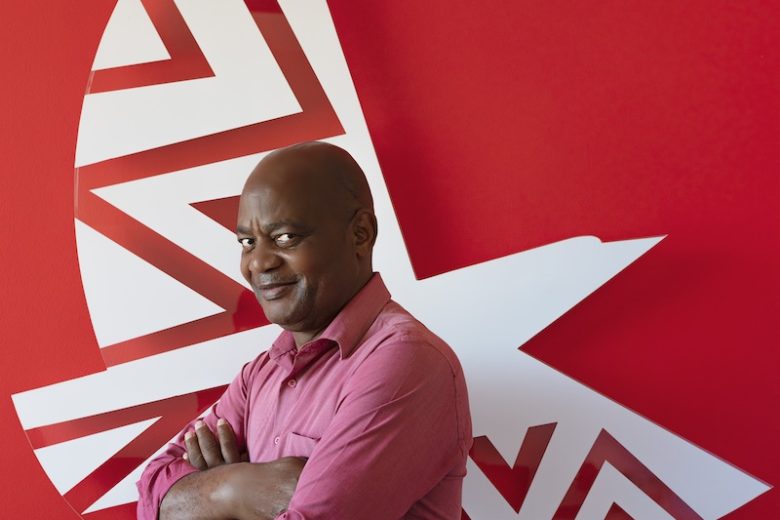












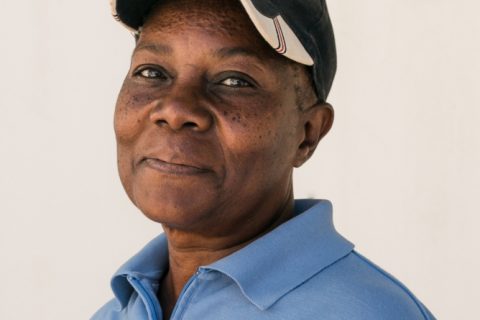
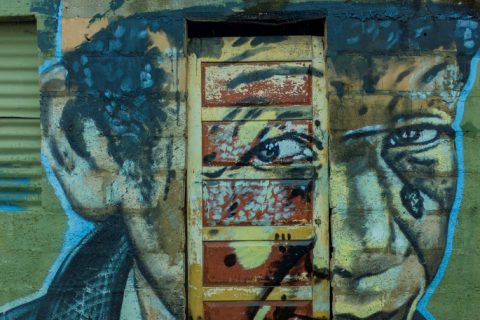

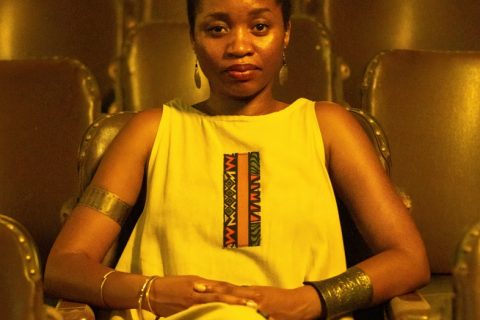
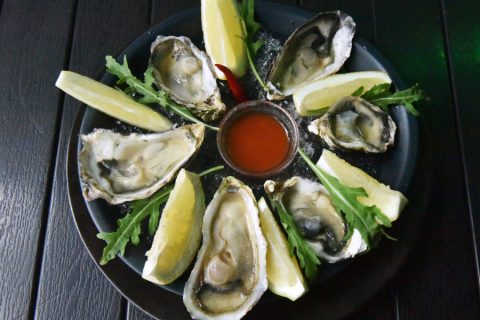
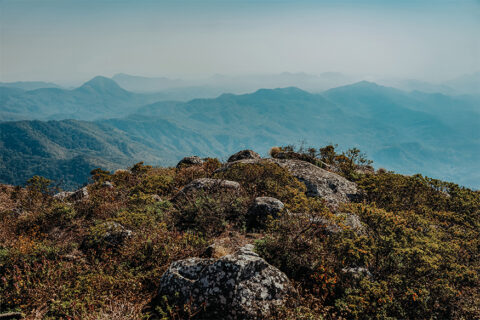


0 Comments